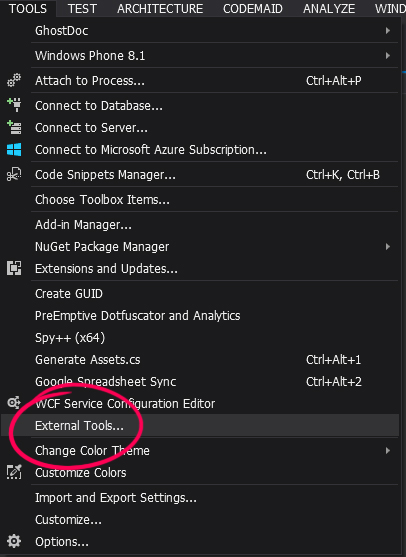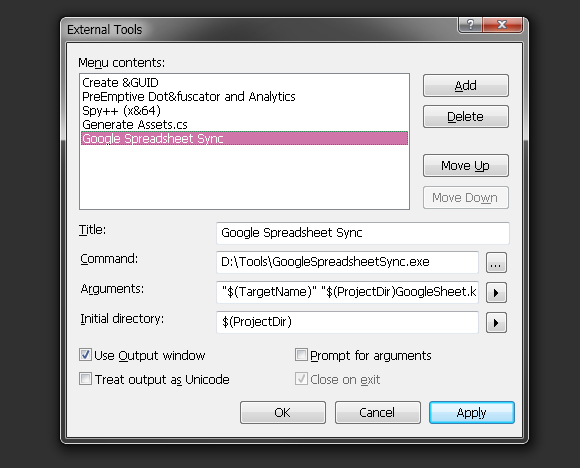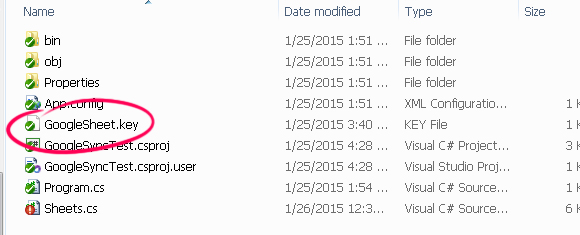Splash Page Changes
One of the things on my to do list for the past billion years has been a rearrange of my website! You may notice now that you're probably looking at kpulv.com/blog/ instead of plain old kpulv.com. Now when you go to kpulv.com you'll see a big list of all of my video game releases.
The number one reason I did this is because a lot of the traffic that comes to my site is coming from people who are looking for my games first and foremost. I think that it might be a little confusing if the first thing they see is a bunch of blog posts and some kinda odd navigation. Plus I think just putting my games in front of visitors first is just a better idea in general. If they're interested in anything beyond that then they can easily click on the link that goes right here.
All of my modifications should preserve any of the urls for my posts so there won't be any weird broken links. Also when I was coming through some of my old code I fixed a few bugs here and there that I'm sure only I noticed.
Of course this is something I've been putting off because I dreaded breaking everything on my site, but it turned out to be incredibly straight forward and I was able to crank it out in a day. Totally related to this I am still digging toggl quite a bit as it shows me pretty accurately how I'm spending my time on tasks, and sometimes it's crazy to see how little time I spend on things that I thought would take forever. More thoughts on this coming sometime soon. Back to work!
The number one reason I did this is because a lot of the traffic that comes to my site is coming from people who are looking for my games first and foremost. I think that it might be a little confusing if the first thing they see is a bunch of blog posts and some kinda odd navigation. Plus I think just putting my games in front of visitors first is just a better idea in general. If they're interested in anything beyond that then they can easily click on the link that goes right here.
All of my modifications should preserve any of the urls for my posts so there won't be any weird broken links. Also when I was coming through some of my old code I fixed a few bugs here and there that I'm sure only I noticed.
Of course this is something I've been putting off because I dreaded breaking everything on my site, but it turned out to be incredibly straight forward and I was able to crank it out in a day. Totally related to this I am still digging toggl quite a bit as it shows me pretty accurately how I'm spending my time on tasks, and sometimes it's crazy to see how little time I spend on things that I thought would take forever. More thoughts on this coming sometime soon. Back to work!
No Comments





















